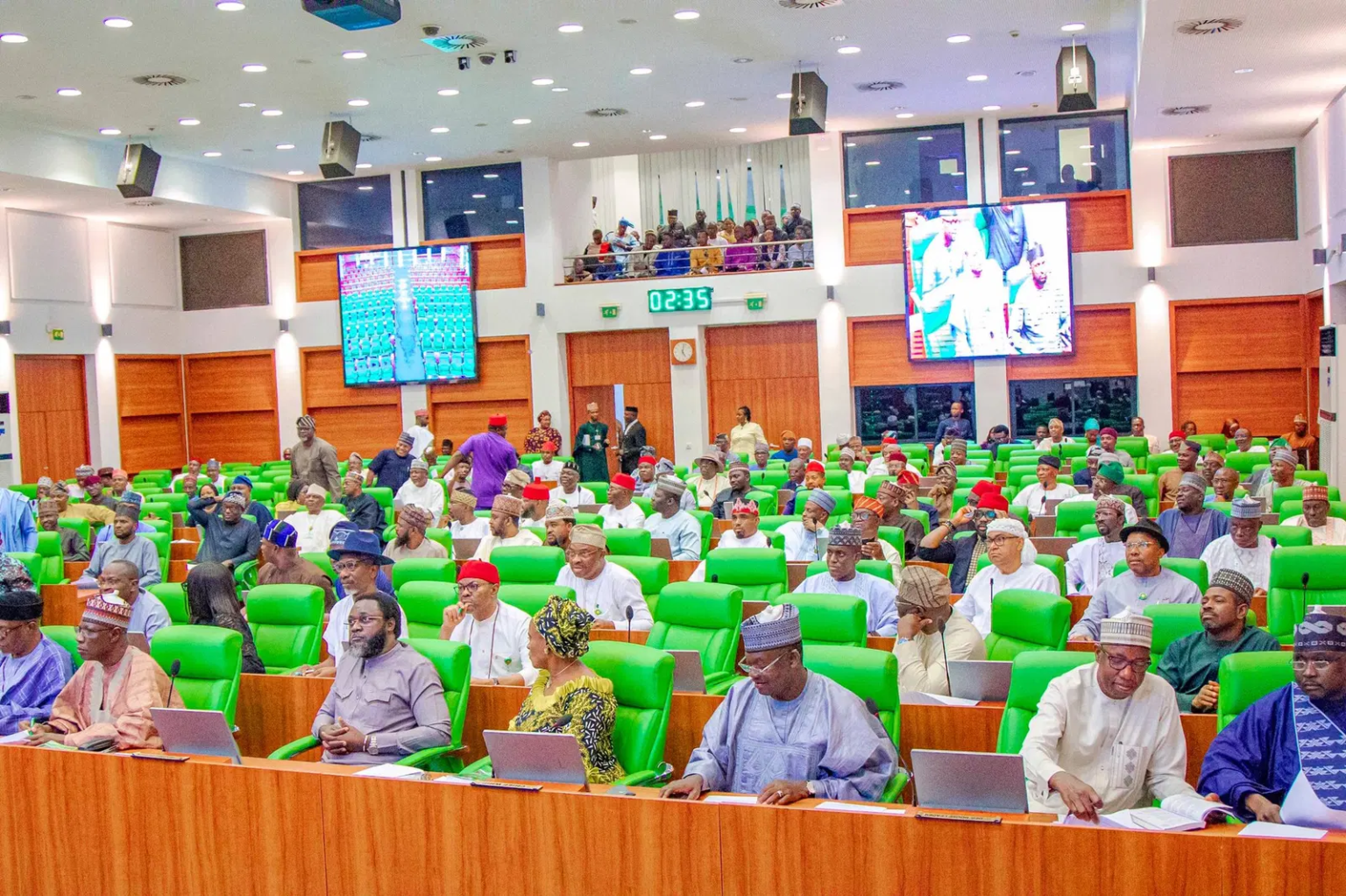The House of Representatives has announced a comprehensive audit of loans secured by both federal and state governments since Nigeria’s return to democratic governance in 1999.
This decision comes amid growing concerns about the country’s escalating debt profile and the implications for fiscal stability.
Over the past 25 years, Nigeria has seen five presidents Olusegun Obasanjo, Umaru Yar’Adua, Goodluck Jonathan, Muhammadu Buhari, and the current leader, Bola Tinubu navigate the nation through various economic challenges. During this time, billions of dollars have been borrowed to finance developmental projects, with the 36 states of the federation also accumulating significant foreign and local debts.
The motion to conduct this probe was sponsored by Mr. Lanre Okunola, the representative for Surulere II Federal Constituency in Lagos State.
He emphasised the need for stringent oversight on public debt and the responsible use of borrowed funds.
Quoting data from the Debt Management Office of Nigeria, Okunola revealed that as of March 31, 2024, the nation’s public debt had surged to N121.67 trillion (approximately $91.46 billion).
This represents a staggering increase of N24.33 trillion in just three months, from N97.34 trillion ($108.23 billion) in December 2023. While acknowledging that borrowing is essential for development, he warned that unchecked debt accumulation could jeopardize Nigeria’s fiscal stability and future economic growth.
Okunola pointed out that over 40% of developing countries, including Nigeria, are spending more on debt servicing than on critical sectors like education, healthcare, and infrastructure.
He argued that many loans secured by state governments often do not comply with constitutional requirements for National Assembly approval, raising concerns about their intended use and overall effectiveness.
In response to the widespread support for Okunola’s motion, the House has tasked its Committee on Aids, Loans, and Debt Management with conducting a thorough audit of all loans obtained by federal and state governments since 1999.
The committee is expected to report back within a month for further legislative action, ensuring transparency and accountability in Nigeria’s borrowing practices.



